Japanese eras and periods:
Edo Period: 1603 - 1868
-
Meiji: 1868 - 1912
Taisho: 1912 - 1926
Showa: 1926 - 1989
Heisei: 1989 - 2019
Reiwa: 2019 -
Manju: is a traditional Japanese confection. There are many varieties of manjū, but most have an outside made from flour, rice powder, kudzu and buckwheat and a filling of anko (red bean paste), usually made from boiled adzuki beans and sugar.
Confectionery Marukita

A long-established confectionery store founded 117 years ago in Asahikawa.
In addition to Japanese sweets and manju, this shop also sells cakes and baked sweets.
There are about 3 parking spaces in front of the shop.

We recommend the manju "Marukita-yaki".
Plenty of red bean paste is packed in the soft dough.
A well-liked taste passed down since the Meiji era.
It's very voluminous, so you may want to bring a friend to share it with.
If you’re alone to eat your manju, the "Magoyaki" is recommended.
The half-sized manju is very cute sized.
It fits in the palm of your hand.
Perfect to drink your tea with!
Just beside the Chinese manju, we found a tiny one manju.
It was a Chinese manju shaped key chain.
Marukita's logo is printed on it. This is the only place you can get this!
It may be a good souvenir!
The variety of manju we spoke about here is called Chinese manju or yaki-manju.
It is a crescent shaped confection of pancake like sponge cake filled with adzuki red beans.

There is also a wide variety of occidental cakes and sweets like chocolate or cream based sweets, Swiss roll cake, and Mont Blanc (chestnut and cream dessert).
Our reporter bought a chocolate cake here for Christmas, the cream and sponge dough were delicious.
Depending on the day, cut-off cakes are on sale.
A lot of sponge doughs are packed in a bag, which is a great deal.
Perfect for a snack.
The wall behind the counter was decorated with beautiful wooden patterns.
Those patterns looks history-packed. Each pattern is different and fun to observe.
* Shop info *
Confectionery Marukita
・ Address: Asahikawa-shi Asahimachi 1-jō 4-chōme
・ Telephone: 0166-51-0780
・ Business hours: 9: 30-18: 00
・ Regular holiday: Sunday
・ Official Twitter: https://twitter.com/marukita1903
Murakami Confectionery

A shop on the corner that makes a slight curve to the right from Asahibashi to Asahi-cho
It's close enough to see the shop from Marukita.
This long-established Japanese confectionery store has been in business for 60 years.
"Murakami Mochi" is written on the window, so you can easily tell that mochi is on sale and is their speciality.

Can you see the price of the item in the picture?
The uguisu mochi is at 86 yen, skewered dumplings are at 76 yen, one-bite potato Daifuku is 32 at yen.
It’s almost like we time travelled !
Moreover, there were many nostalgic Japanese sweets such as Amanatto (sugared red beans) triangle Mochi, Cream Anpan, Noshi Mochi, and Mame Daifuku.

Our reporter bought some one-bite sized potato Daifuku and skewered dumplings.
The one-bite sized potato Daifuku has a gentle taste with white potato paste.
It’s small and once you eat one, you can’t stop yourself from eating more.
It’s chewy and has a pleasant texture.
The skewer dumplings also have a nostalgic taste.
The sauce is a little firm and clings well to the dumplings.
* Shop info *
Murakami Confectionery
・ Address: Asahikawa-shi Asahimachi 2-jō 3-chōme 9 ‐ 164
・ Telephone: 0166-51-3454
・ Business hours: 8:00 to 18:00
Regular holiday: Sunday
Ichikyu Daifukudo Asahikawa

This traditional sweets shop specialising in Daifuku can be seen from Murakami and Marukita.
This is also a long-established store founded in 1918.
There is another shop located in the -1F floor of Feeeal Asahikawa in the shopping park.
Please note that you will have to take a one-way road to get to this shop, which is very narrow and you can only turn left when you exit. Also, there is no parking space and you will have to park in front of the store, so try to park as close to the sidewalk as possible.

The most popular item is the "strawberry Daifuku," which is on sale for a limited time from the beginning of the new year.
When our writer came to the store the “strawberry daifuku” was already sold out.
(She was able to purchase it in the basement of Feel Asahikawa on another day)
But fear not ! She went to the other shop on another day to buy herself some.
Daifuku, manju, skewer dumplings, sakura mochi, warbler mochi (uguisu mochi), ohagi (rice bean coated with red beans) and noshi mochi were on sale.
A local newspaper interviewed the shop the day our columnist went to the shop.
Many bean daifuku were beautifully lined up, only waiting to have their picture taken.

Our writer bought the infamous bean Daifuku, her child's favorite Sakuramochi, and the popular "Strawberry Cream Daifuku" at the online shop. The bean Daifuku has a delicious black soybean flavor!
Strawberry cream Daifuku has freeze-dried strawberries kneaded into the mochi dough. The mochi pale pink colour was pretty.
The strawberry flavor was present and natural.
The cream in the center gave the bean paste a mellow and gentle taste.
Since the mochi are sold in a frozen state, you can enjoy them like an ice cream when summer comes.
* Shop info *
Ichikyu Daifukudo Asahikawa
Address: Asahikawa-shi, Asahimachi, 2-jō 3-chōme 11-103
Telephone: 0166-51-1932
Business hours: 9:00 to 18:00
Regular holidays: None
Official site: https://www.daifukudo.co.jp/en/
An old tradition passed down from a hundred years
We introduced long-established traditional Japanese sweets shops in Asahikawa that inherits a well-appreciated and traditional taste in this article.
All the shops have delicious sweets that makes you want them to continue forever.
Because of Covid-19 a lot of traditional and long-established shop had to close. If you have the chance to, please come by those shops to cheer for them and to have a taste of what the people from the last century ate!
Translated from Mami’s article.
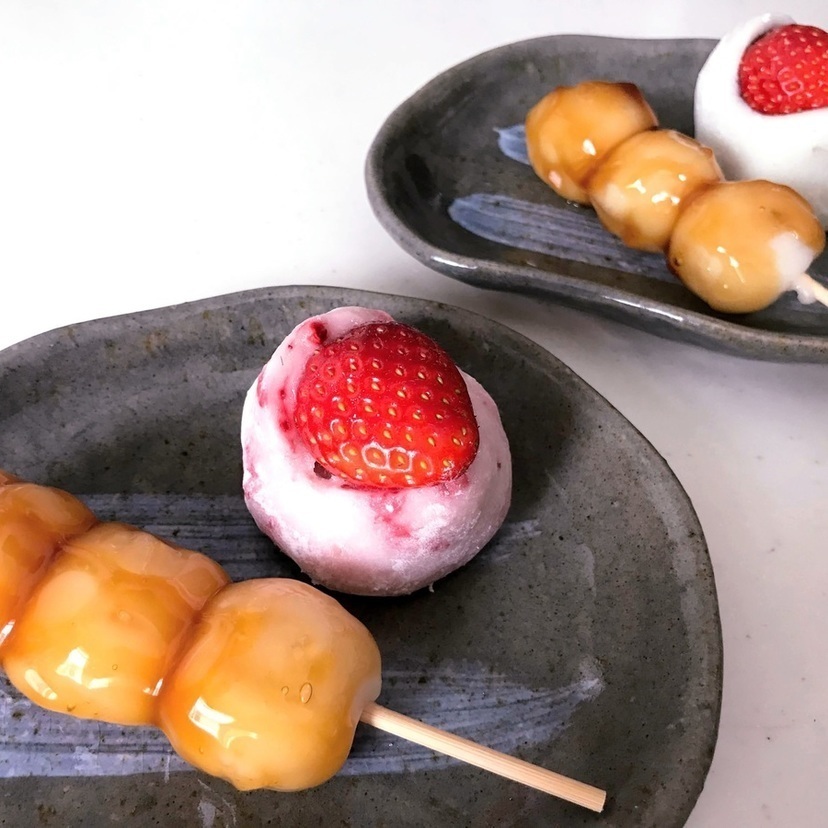

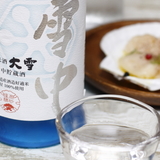

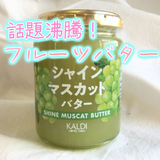


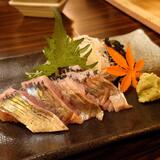
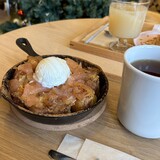










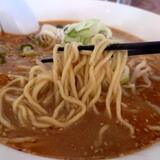
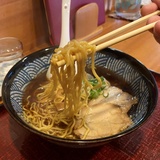


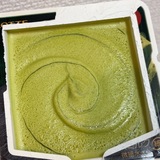
.jpg)
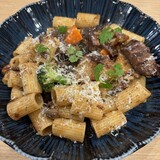
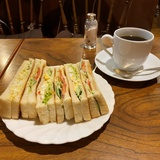

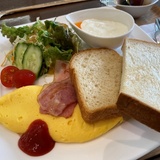
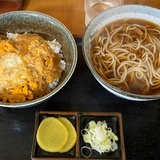
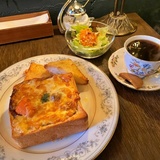





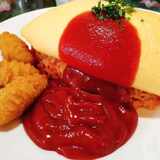
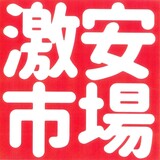
.jpg)




Hello there!
I am in charge of translating in english some of asatan's articles.
I'm from France and I have been living in Hokkaido for 6 years.
Things I like : drawing, pokemon, online games,
Things I don't like : melon, lags, waking up in the morning